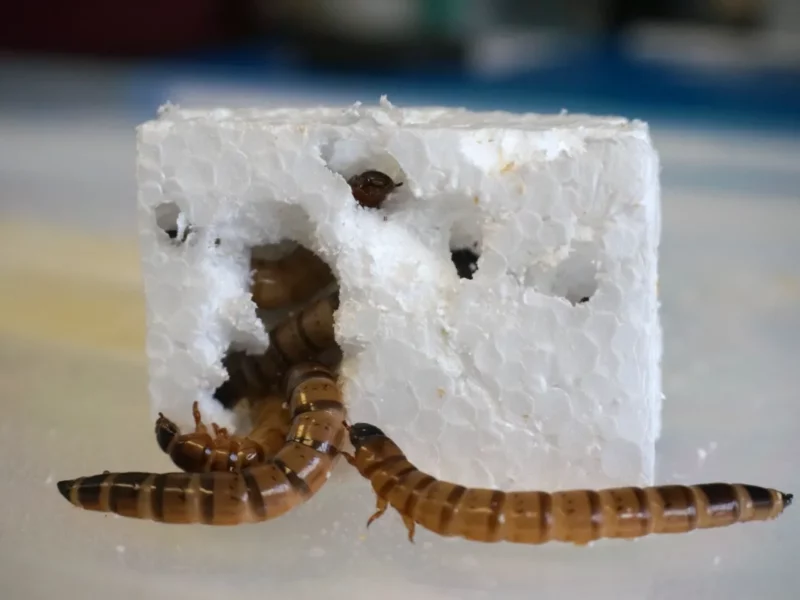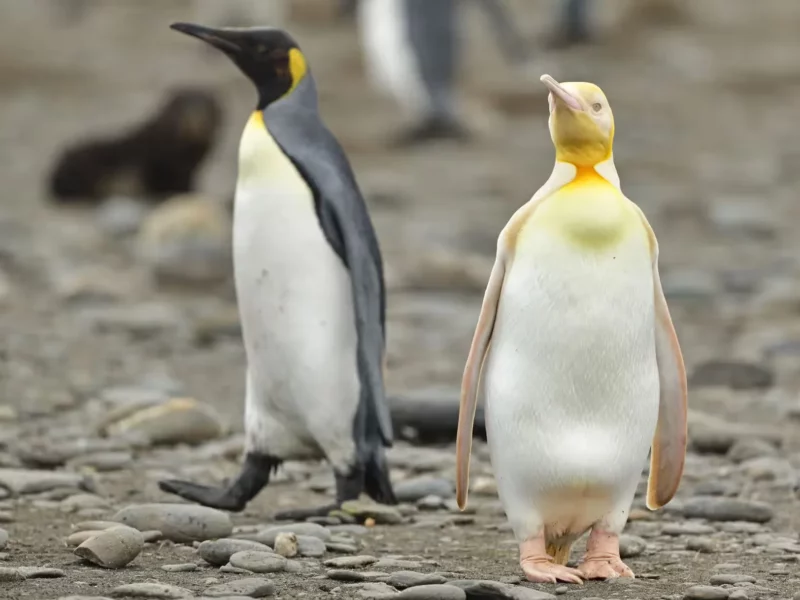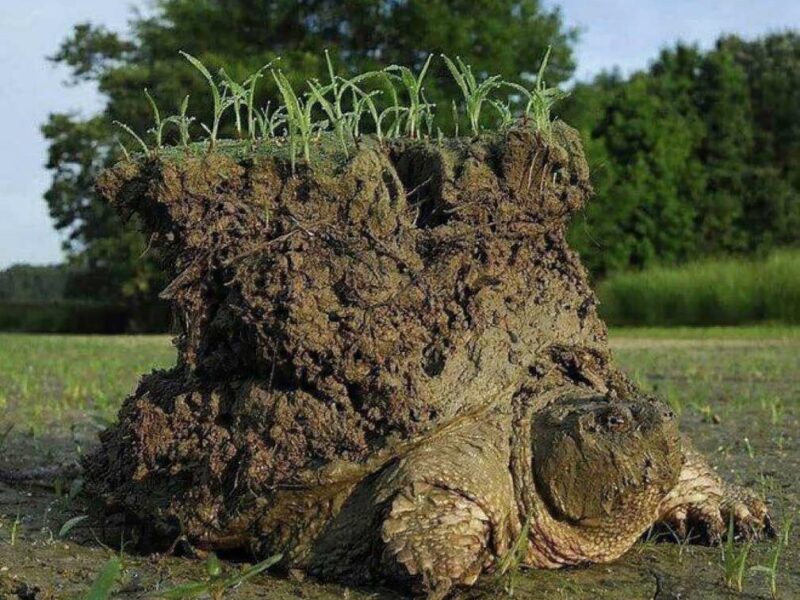
In the frigid expanses of Earth’s oceans, a captivating group of creatures known as sea angels gracefully navigate the waters, their translucent bodies and wing-like structures distinguishing them as enchanting inhabitants of the deep. These small sea slugs, belonging to the pteropod family, have found a global home but are particularly prevalent in the cold waters of the Arctic and Antarctic regions. This article explores the fascinating characteristics, behaviors, and ecological significance of sea angels, shedding light on their role in ocean ecosystems.
Despite their delicate appearance, sea angels are formidable predators with a taste for shell-bearing thecosomata pteropods, employing a specialized radula for feeding. This unique adaptation allows them to thrive in various oceanic environments, including temperate and tropical seas, though they are most commonly encountered in polar regions.
A closer examination of their life cycle reveals the complexity of these marine wonders. Sea angels undergo a fascinating metamorphosis, exhibiting separate sexes and internal fertilization. Females contribute to the continuation of their species by releasing gelatinous egg masses into the water, initiating a journey of development that spans several stages before reaching adulthood. This intricate life cycle not only showcases the resilience of sea angels but also highlights their importance in maintaining the balance of ocean food webs.
As we delve into the depths of the sea angel’s world, we uncover the mysteries of their existence and the vital role they play in sustaining the delicate equilibrium of our oceans. Join us on a journey to explore the charm and significance of these mesmerizing sea slugs, as we unravel the secrets of their underwater realm and appreciate the wonders they bring to the global seascape.
Text credit: Earth Unreal
Did you enjoy this article? Pin it for later.
And while you’re on Pinterest, come follow us and pin along with us.






